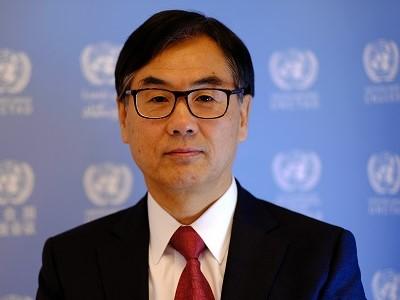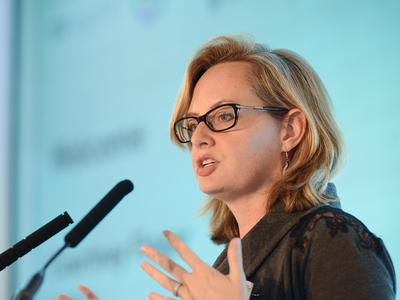Session 1: Promoting Investment in the SDGs – Connecting the Actors
Bridging the enormous SDG financing gap (estimated at $2.5 trillion annually in developing countries) will require increased private investment. The Investment Promotion Conference, organized in partnership with the World Association of Investment Promotion Agencies (WAIPA) and the Caribbean Association of Investment Promotion Agencies (CAIPA), will bring together heads of outward investment agencies (OIAs) and investment promotion agencies (IPAs) to present ways in which bankable SDG-projects can be prepared, promoted and financed, and discuss how different institutions and companies can partner to realize SDG projects.
Issues for the debate
- Preparation of bankable SDG project proposals by IPAs and OIAs
- Marketing tools for SDG projects and solutions to finance SDG projects with relatively low returns and high risks
- Benefits of partnerships between institutions such as OIAs and IPAs and with the private sector
Session 2: Building Sustainable Cities
With two-thirds of the world population set to live in urban areas by 2050, sustainable urban development is a fundamental component to the successful implementation of the SDGs. Developing accessible infrastructure, affordable housing and suitable facilities will not be possible without private sector involvement. At the same time, private engagement in the provision of public services is highly sensitive and poses a challenge to city policymakers. This session, in cooperation with the United Nations Human Settlements Programme (UN-Habitat), will join city leaders, developers, investors, and architects in a discussion on the role of urban development in achieving the SDGs, and how cities and IPAs can better promote and facilitate private investment for this purpose.
Issues for the debate
- Opportunities and challenges for investment in sustainable urban projects in developing countries
- Means for cities and IPAs to improve the promotion and facilitation of investment
- Key lessons from best practice, and effective multi-stakeholder coordination arrangements
















